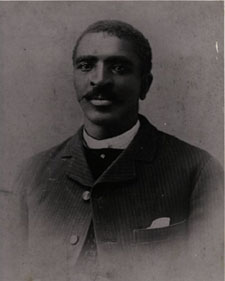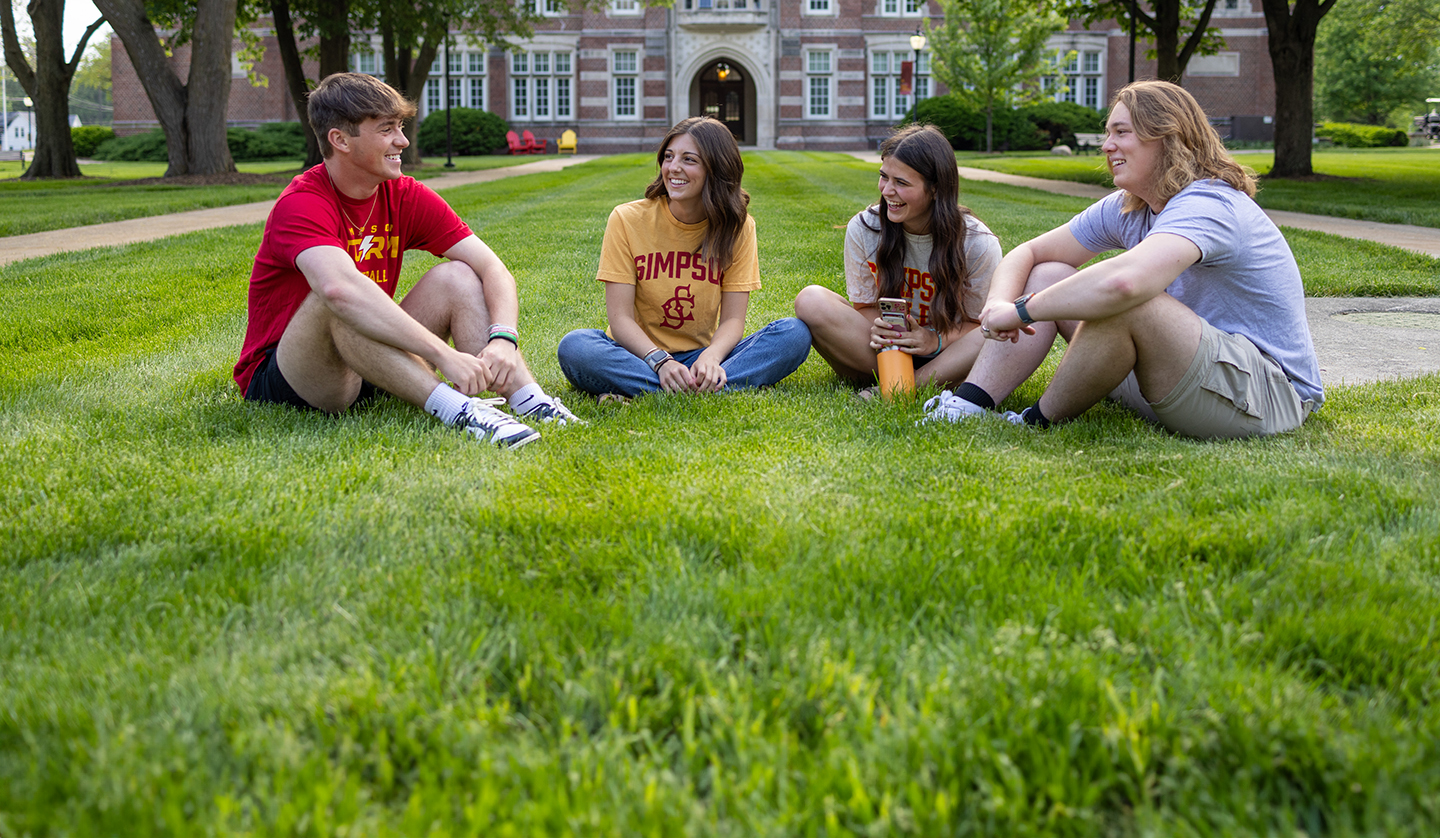George Washington Carver Collection
“At Simpson the kind of people there made me believe that I was a human being.” – G. W. Carver
George Washington Carver Day at Simpson College
The George Washington Carver Day Celebration is a collaborative effort between Simpson College and Indianola community members. We work together to bring to life the rich history of Simpson College Alumni and past Indianola resident, George Washington Carver.
About Carver
After another college refused to admit him because he was black, Carver matriculated at Simpson College, Indianola, Iowa, where he studied art and piano (1890-91). His art teacher Etta Budd, seeing his talent for painting flowers and plants, encouraged him to study botany at Iowa State Agricultural College in Ames, where he received a bachelor’s degree in agricultural science in 1894 and a master of science degree in 1896.
Noted American agricultural chemist, agronomist, and experimenter whose development of new products derived from peanuts, sweet potatoes, and soybeans helped revolutionize the agricultural economy of the South. For most of his career he taught and conducted research at the Tuskegee Institute (now Tuskegee University) in Tuskegee, Alabama.
The Carver Collection includes:
- List of Folders Containing Photographs
- List of Folders in General Carver Collection
- List of Photographs in Each Folder
- List of Contents of Each General Collection Folder
See the full Carver collection list


